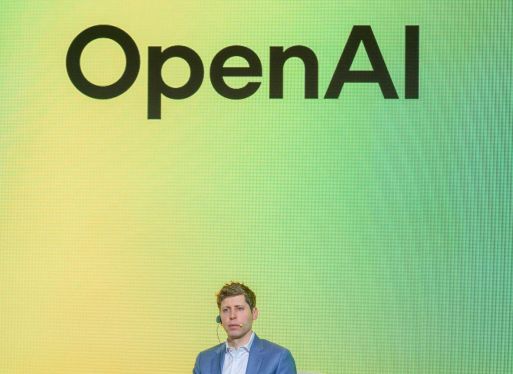AI’s New Image Generation Feature Sparks Concerns Over Fake Receipts

This month, the latest iteration of ChatGPT introduced a powerful image generation feature that excels at crafting text within pictures, further showcasing the rapid advancements in artificial intelligence. Users have quickly tapped into its potential to produce convincing fake restaurant receipts, presenting yet another tool in the already vast arsenal of AI-generated deepfakes employed by fraudsters.
Prominent venture capitalist and social media influencer, Deedy Das, shared on X a realistic-looking receipt for a well-known steakhouse in San Francisco, allegedly created using this new feature. Others soon followed suit, producing replicas that included food and drink stains to enhance their authenticity. Notably, a particularly lifelike example originating from France was shared by a LinkedIn user, who showcased a crumpled AI-generated receipt from a local eatery.
In an effort to assess the capabilities of the new tool, an independent test was conducted that successfully created a fake receipt for an Applebee’s location in San Francisco. However, the generated receipt exhibited clear signs revealing its inauthenticity, such as the use of a comma instead of a period in the total and basic arithmetic errors, which raises concerns given that large language models often struggle with straightforward calculations. Such issues highlight that while the technology is advanced, it remains susceptible to pitfalls that could be exploited by those intending to deceive.
The implications of this technology for fraud are significant. Generating fake receipts with ease could enable unscrupulous individuals to submit fraudulent expense claims, raising alarms about potential misuse. In response to inquiries regarding the generation of fraudulent content, a spokesperson from OpenAI emphasized that each image created contains metadata marking it as an AI-generated product. They mentioned that the organization actively enforces its policies and continuously learns from user feedback.
When asked about the possibility of generating fake receipts in light of OpenAI’s policies that prohibit such activities, the spokesperson noted that the aim is to provide users with broad creative freedom. They argued that there are valid uses for AI-generated receipts, such as educational initiatives aimed at enhancing financial literacy and for artistic endeavors. As the realm of AI continually evolves, it is essential to navigate the fine line between innovation and ethical responsibility in technology utilization.
